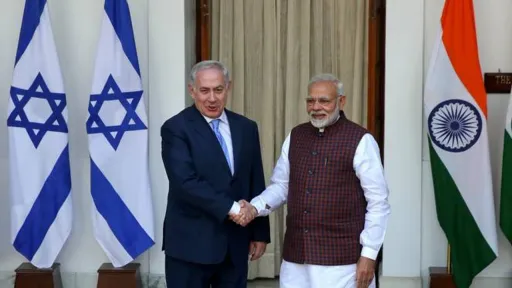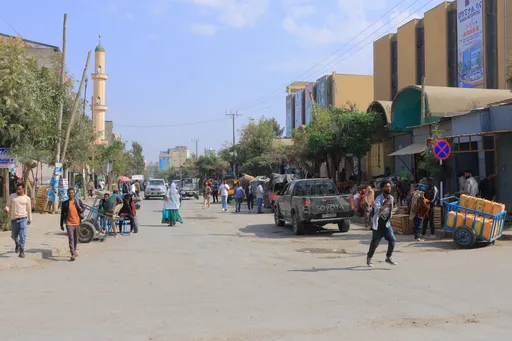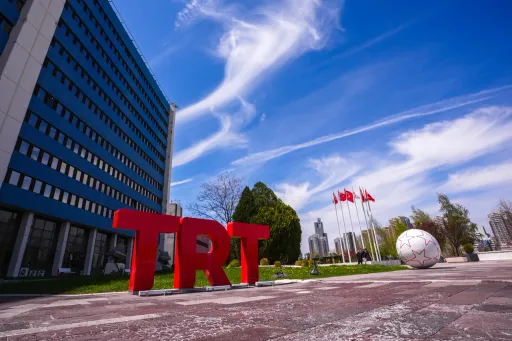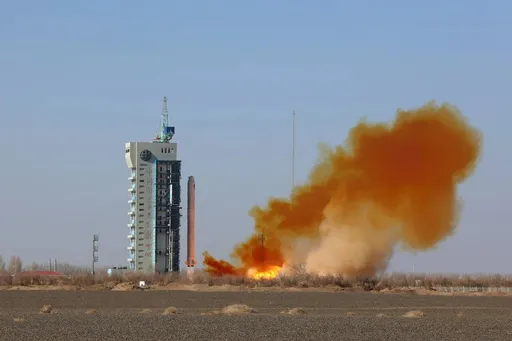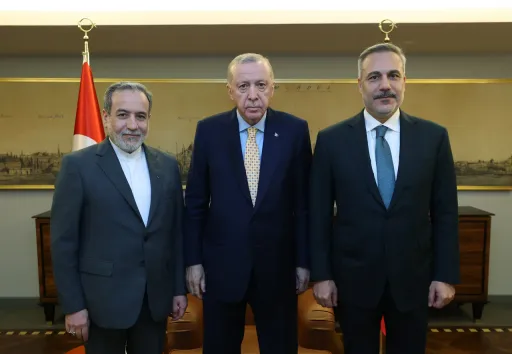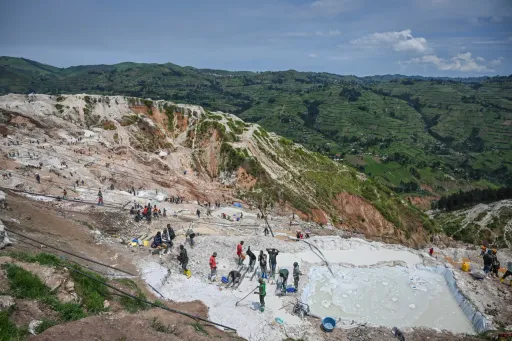After the Ebola crisis hit West Africa in 2014, which infected nearly 29,000 people and killed more than 11,000, WHO announced it would prepare a list that would serve as a warning to governments to prepare ahead of pandemics.
In 2015, WHO released its first list of up to 10 “blueprint priority diseases,” which it says required immediate attention because of their epidemic potential or a lack of sufficient global countermeasures.
The initial list comprised: Crimean Congo haemorrhagic fever, Ebola virus disease and Marburg, Lassa fever, MERS and SARS coronavirus diseases, Nipah and Rift Valley fever.
WHO said the list will be reviewed annually or when new diseases emerge.
In 2018, a new disease name, called ''X'', was added to the list.
What is 'Disease X'?
WHO says it believes there's a threat of an unknown (or long-forgotten) pathogen causing a serious international epidemic in the future.
Ever since its inclusion, WHO has been sounding the alarm for global leaders to be ready for X whenever it strikes.
WHO classifies X as an undetermined disease yet to come from an identified source with "X" meaning "unexpected."
After COVID 19, WHO warned Disease X ‘’is likely the next big outbreak’’ that will be ‘’something we have not seen before’’.
Vaccine intervention
There are already clamours to move ahead and find vaccines for X using “platform technologies.”
Platform technologies involve scientists developing recipes for vaccines that can be customised so much that when an outbreak happens, scientists can sequence the unique genetics of the particular virus and enter the correct sequence into the platform to create a new vaccine.
"Targeting priority pathogens and virus families for research and development of countermeasures is essential for a fast and effective epidemic and pandemic response. Without significant R&D investments prior to the COVID-19 pandemic, it would not have been possible to have safe and effective vaccines developed in record time,” said Dr. Michael Ryan, Executive Director of WHO’s Health Emergencies Programme.
WHO head Tedros Ghebreyesus at the World Economic Forum in Davos warned global leaders not to foot-drag because X is still an unknown disease yet to materialise.
"We should not face things unprepared; we can prepare for some unknown things as well," said Ghebreyesus.
Pandemic agreement
Ghebreyesus at the World Economic Forum also took the opportunity to urge global leaders to commit to the pandemic agreement.
The main goal of the agreement is to foster an ''all government, all society approach, strengthening national, regional, and global capacities and resilience to future pandemics''.
WHO says this includes greatly enhancing international cooperation to improve, for example, alert systems, data sharing, research, and the local, regional, and global production and distribution of medical and public health countermeasures such as vaccines, medicines, diagnostics, and personal protective equipment.
➤Click here to follow our WhatsApp channel for more stories.










